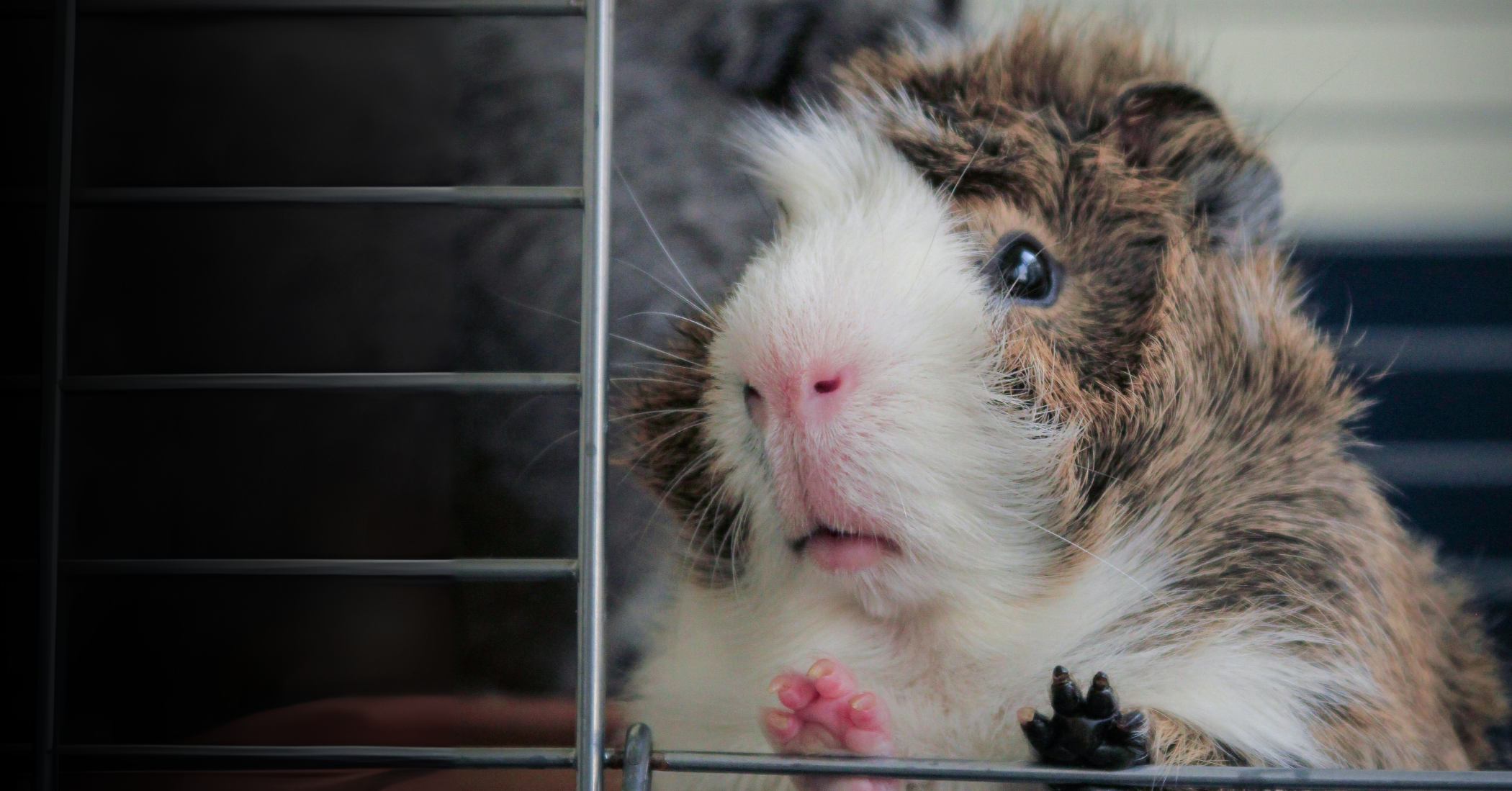
What does it say about an industry that needs ongoing sessions to help its employees cope with the violence they support, inflict, and witness?
Turns out, it says a whole lot.
Take, for example, a presentation about “compassion fatigue” delivered by animal research veterinarian and vivisection enthusiast Marian Esvelt.

This was not a session on compassion. It was a class in self-centered denial — a survival guide for people who know they’re hurting animals but don’t want to feel bad about it.
Dr. Esvelt’s message was clear: You don’t need to stop harming others. You *just* need to find ways to feel better while and after you do it.
Amid flashes of candor — such as acknowledging that animals trapped in labs are treated as “objects” and that their exploiters act as “users” — Dr. Esvelt laid out the industry’s coping method: Don’t question the job or the violence. Just “minimize what’s traumatic to you.”
If suffocating mice bothers you but snapping their spines doesn’t, ask to switch methods.
If you’re fine mutilating rats but get squeamish around cats, request a species reassignment.
Because what matters most is your emotional comfort and convenience.
This is what the animal research industry calls compassion. And, it’s obscene.
Dr. Esvelt even compared animal research staff to firefighters, lamenting that lab staff don’t get the same hero status or social support. Apparently, to the animal research industry, risking your life to save someone else’s is equivalent to appropriating and ending someone’s life so another might possibly benefit someday. (And, yes, Dr. Esvelt admits point-blank that animals’ “contributions” to biomedical research are taken, not given.)
How can the industry seriously compare the trauma of risking your own life to save another’s with appropriating and taking another’s life for a paycheck?
It can because the entire animal research industry is built on carefully crafted lies that wrap violence and self-interest in the language of virtue, frame perpetrators of harm as victims, and promote a whole ecosystem of “wellness” programming to help humans sleep at night — because of what they’ve done.
Dr. Esvelt even suggested animal memorials and “art dedications” as ways to cope with guilt. Because when you’ve crushed a mouse to death between a wire hopper and the cage bottom, let “tumor-bearing” animals die of shocking neglect, improperly but intentionally cut off 25-50% of tails of 1-3 day-old mice, and failed to provide animals with pain relief before and after intentional physical traumas — all of which has recently happened on Dr. Esvelt’s watch — what better way to make it right than with post-it notes and finger paints? That’s compassion in action, right?

Let’s get real.
This isn’t about “compassion” fatigue, because that would require active and meaningful compassion to be present in the first place.
This is about guilt fatigue.
It’s about maintaining emotional detachment (as Dr. Esvelt herself recommends) in a job defined by intentionally-caused trauma and death. It’s about finding a way to look your dog in the eyes at home after torturing another at work.
And, at its core, it’s all about ego.
As former vivisectionist Michael Slusher puts it, the real problem isn’t a lack of empathy — it’s an abundance of ego. It’s about “caring so much about one’s own self that everything else becomes immaterial.”
Everything was always about me. My paycheck, my job, my experiment, my research results, etc.
. . . the real problem was that [the animals] were all just a means to an end. Whether that end was a full cure for disease or just symptom relief, or whether it simply part [sic] of my day’s work attempting to earn a paycheck, when compared to my goals, the importance of their lives was entirely and completely insignificant. It was always about me.
The result is a system that doesn’t just brutalize animals but also dehumanizes the humans, teaching them to turn off compassion and play the part of the victim.
Because true compassion isn’t compatible with this work.
You can’t kill someone who wants to live and call it caring.
You can’t brutalize a being, then doodle “thank you” on a post-it, and call it fair.
You can’t center yourself in someone else’s suffering and call it compassion.
But the industry will keep trying. It will keep hosting workshops and offering “healing” rituals — all to avoid the one thing that would actually end the harm: ending animal research.
And it dares to call these efforts part of the “amazingness of biomedical research” . . . only there is absolutely nothing amazing, or compassionate, about violence made palatable through propaganda.
Share this page on X or Bluesky
or share this link anywhere:
riseforanimals.org/news/compassion-fatigue